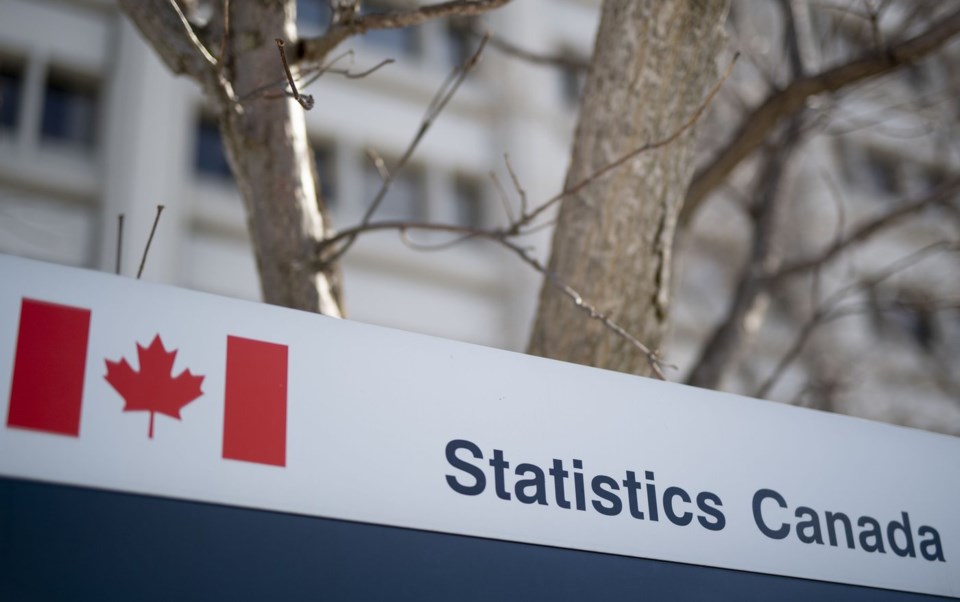OTTAWA — Foreign workers have been making the transition to permanent residency at higher rates in recent years, Statistics Canada says.
A new report from the federal agency shows that between 2016 and 2020, 23 per cent of foreign workers had become permanent residents two years after obtaining their first work permits.
That was up from about 12 per cent between 2011 and 2015.
The findings suggest temporary residency has become a more significant pathway to permanent residency in Canada.
Temporary residents include asylum seekers as well as individuals with work or study permits. In contrast, permanent residents are able to work and live in Canada indefinitely, so long as they maintain their status.
The number of foreign workers and international students has spiked dramatically in recent years, fuelling a surge in population growth that experts say has worsened housing affordability.
The Liberal government has taken much of the blame for that growth, prompting new federal measures aimed at curbing temporary migration.
Immigration Minister Marc Miller announced in March that over the next three years, the government plans to reduce the share of temporary residents in Canada to five per cent of the population.
As of April 1, there were 2.8 million temporary residents in Canada, making up 6.8 per cent of the population.
During a meeting with provincial counterparts in May, Miller suggested one way to curb the number of temporary residents in the country would be to offer them permanent residency.
"The fact people are already here, their impact on affordability has already been baked in, so it's smart," Miller said.
"But it doesn't mean by extension that everyone's entitled to stay here or be here in Canada."
This report by The Canadian Press was first published June 27, 2024.
Nojoud Al Mallees, The Canadian Press




